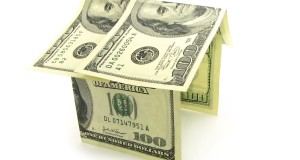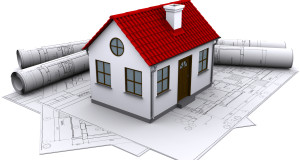Before getting further in the topic of Real Estate Analysis, the general definitions and specifics of the market has to be understood.
Real Estate is an English legal term which defines Land and anything fixed or permanently attached to it. This usually includes buildings, but also fences, roads, sewers etc. The title to Real Estate usually includes also air and mineral rights, which can be then sold together with the original property or separately.
From an etymological point of view, “Real” refers to “Royal” (Royal in Spanish means “Real” in English). Royal family always owned the land in Spain and peasants only paid rent or taxes to use the Royal land.
Even though Real Property has many specifics, it is still a form of goods, which is traded on the market. In the following paragraphs are described some of the specifics involved.
Real Estate is a complex type of goods. Each property (i.e. residential investment property ) is different from the others. The main characteristics are usually: size (square footage), number and sizes of rooms, year when built, etc. Then there are many characteristics which are connected with the area of the property such as quality of the neighborhood, criminality rates, schools, etc. Even two pieces of “identical” investment apartment in one building will have at least different views from the windows making their prices differentiated.
Most of the market is usually represented by houses, flats or condominiums, which are always fixed to a specific location. This is the second specific of Real Estate investment. It cannot usually be moved and therefore location is dominantly the most important factor affecting the price of the property. It is obvious that the value of land differs according to the distance of the center of employment. Land further away from this center, has to accommodate future costs of daily commuting to work, and therefore the price of this land and property standing on it will be lower. Example of this can be suburbs of the cities in contrast with locations near the centers.
R.E. is a form of goods of a long term use. Ordinary people buying a property are counting on the possible resale in many years to come. Even an investor does not buy and sell a property within a couple of hours, which can be easily done with stocks for example.
R.E. is not only a type of goods for a long term use, but also a specific type of investment. In comparison with other goods, i.e. a car, its value usually grows in time.
Purchase or building of a new property is accompanied with high transaction costs. These costs include fees to agents (realtors), moving costs, Real Estate taxes or fees paid to banks on mortgage.
Another specific of the Real Estate market is the influence of local community and government. Local neighborhood and its quality can change the value of each property in it rapidly.



